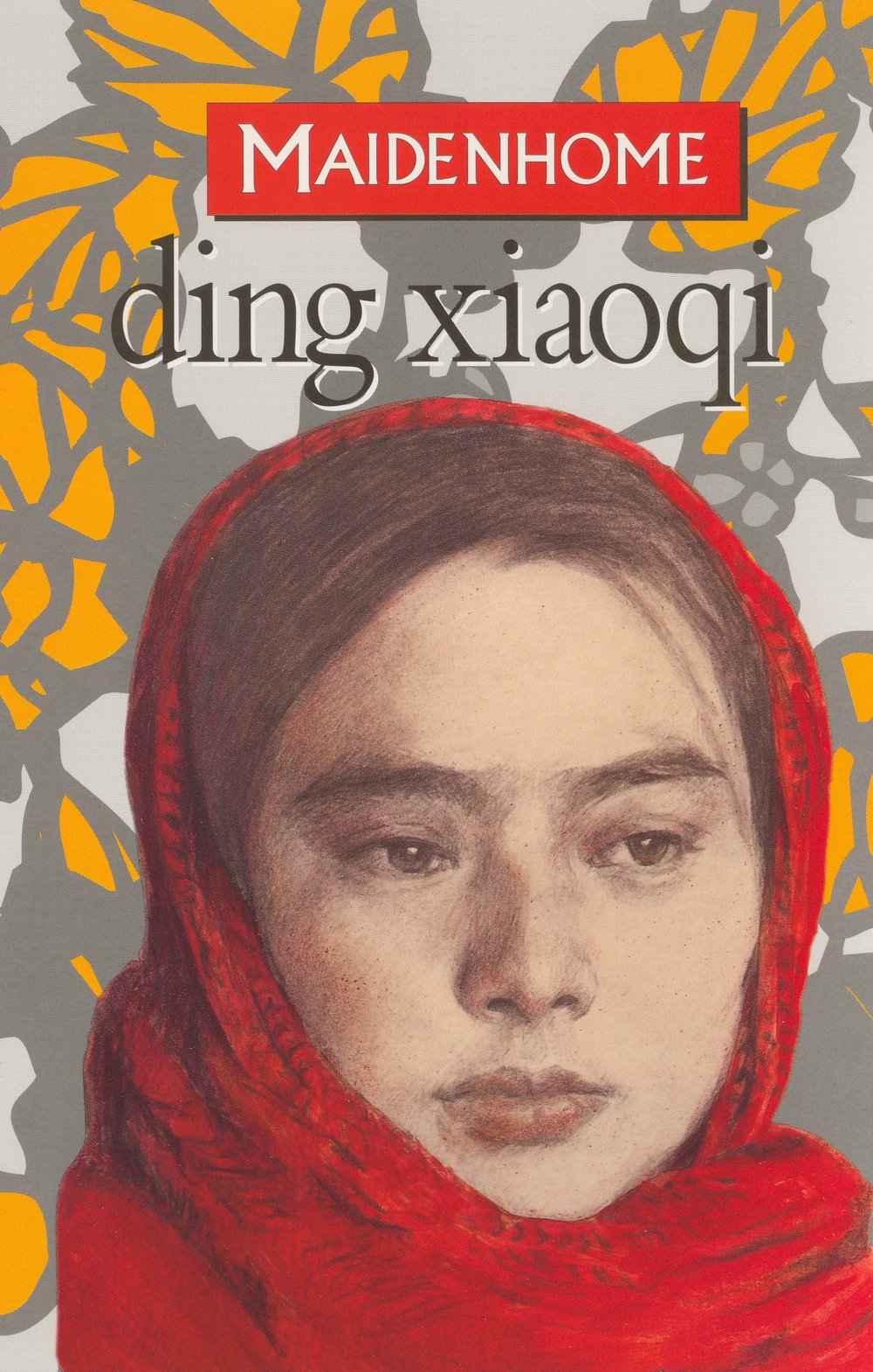Maidenhome

The end of the Cultural Revolution in China in 1976 marked the beginning of an exciting phase of literary activity as the state loosened its grip on literature and the arts. One of the most significant developments has been the emergence of scores of women writers articulating female experience and re-opening questions of gender in new fiction. Ding Xiaoqi, whose work in English translation is collected here for the first time, ranks as one of the most daring shapers of this new tradition for her treatment of taboo subjects like rape and adultery, and as one of its most sophisticated stylists for her intense renderings of highly subjective states.
After nearly four decades of ‘revolutionary’ literature…the literary scene in the late 1970s and throughout the ’80s exploded with new writers taking up new (or long suppressed) themes, experimenting with new forms, and publishing in new magazines. Ding Xiaoqi…ranks as one of the most daring of its shapers for her treatment of taboo subjects… — Cathy Silber, Translator
Told with remarkable originality from women’s perspectives, these stories combine descriptions of the trivialities of daily life with reflections on the ironies and absurdities of contemporary human relationships. Ding Xiaoqi is a most talented and honest writer. — Rey Chow, author of Woman and Chinese Modernity andWriting Diaspora
Her writing opens up the multiple ways in which one may question and challenge how we understand and relate to ourselves in the world of others…I look forward to Ding’s forthcoming novel. — Kinesis Review
…a highly readable first volume of stories…Chris Berry and Cathy Silber have provided a vibrant translation that makes Ms. Ding’s stories all the more enjoyable. — New York Times Book Review

Ding Xiaoqi was born in Shenyang, China in 1959. At age nine, she was separated from her parents, who were sent down to the countryside for re-education during the Cultural Revolution. She grew up alone in an empty apartment full of books. Ding Xiaoqi was a performer in the People's Liberation Army Art Academy. During this time, her songs, poetry, film-scripts, and plays won many awards. The stories in Maidenhome are the first available in English anywhere in the world. In 1990, she was appointed a Visiting Fellow in the Cinema Studies Division of La Trobe University in Melbourne, Australia. Two of her plays, The Gate to Paradise and Kiss Yesterday Goodbye have since been produced. With Ouyang Yu, she co-founded Otherland, Australia’s first Chinese-language literary journal.
